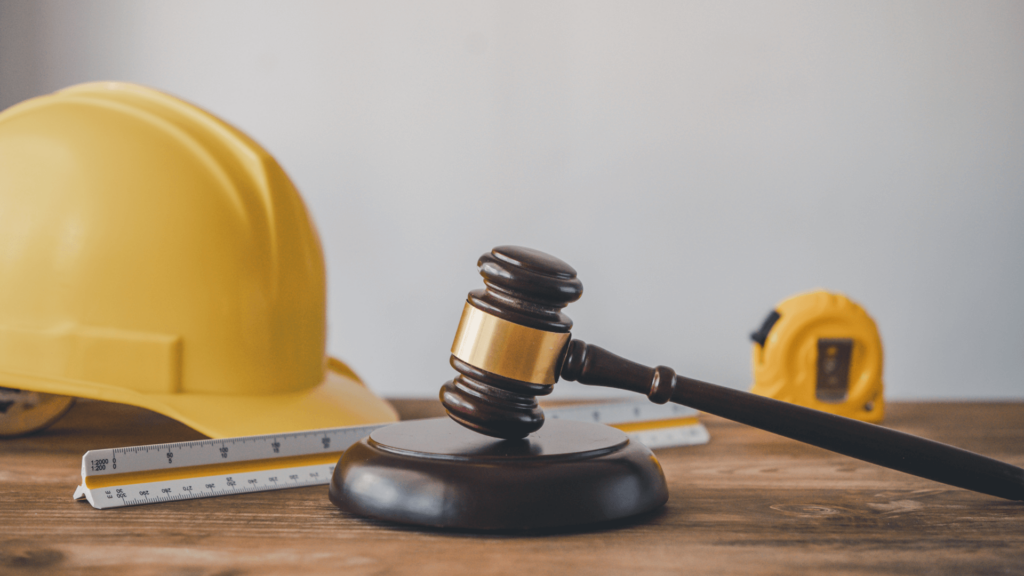
By Dan Gildor
Workers in California rejoiced this week after the California Supreme Court resolved an issue that threatened to curtail lawsuits by workers to penalize employers for not complying with the California Labor Code. The Court sided with workers’ rights and held that the individual workers who sue their employer pursuant to the California Private Attorneys’ General Act of 2004 (“PAGA”) for violations of the California Labor Code do not lose standing to pursue claims in court on behalf of their fellow employees impacted by the employer’s noncompliance if they are ordered to arbitrate their individual claims under the act.
For California’s immense workforce of about 19 million people, this has huge implications going forward.
What is PAGA and why is it important?
The California Legislature enacted PAGA almost two decades ago in response to the pervasive underenforcement of many Labor Code provisions and “a shortage of government resources to pursue enforcement.” Prior to PAGA’s enactment, tools for enforcing the Labor Code were limited. Some statutes allowed employees to sue their employers for damages resulting from Labor Code violations such as unpaid wages. Other Labor Code violations were punishable only as criminal misdemeanors, which local prosecutors tended not to prioritize. Additionally, several statutes provided civil penalties for Labor Code violations, but only state labor law enforcement agencies could bring an action for civil penalties and those agencies lacked sufficient enforcement resources.
PAGA is a law that allows aggrieved employees to sue their employers for Labor Code violations on behalf of themselves and other current or former employees, acting as proxies or agents of the state. PAGA aims to address the underenforcement of labor laws by empowering workers to pursue civil penalties that would otherwise be collected by the state.
PAGA has been a powerful tool for workers to challenge unfair pay practices, oppressive and unsafe working conditions, misclassification, discrimination, harassment, retaliation, and other unlawful practices by employers. PAGA even provides a way to challenge illegal employment contracts such as unlawful nondisclosure agreements or other fine print in employment contracts that hurt workers. PAGA cases have resulted in significant settlements and judgments for workers and the state, as well as changes in employer policies and practices.
The employer backlash against PAGA
Employers have been fighting to undercut and repeal PAGA ever since it was adopted. One way that employers have tried to castrate PAGA has been to bar individual workers from bringing PAGA claims in the predispute arbitration agreements that many employers in California require their employees to sign.
Courts in California, however, have been insistent that employers cannot bar their workers from bringing PAGA claims in court.
In 2022, the United States Supreme Court weighed in on the issue in Viking River Cruises v. Moriana (2022)142 S.Ct. 1906. In that case, the U.S. Supreme Court held that while employers cannot bar their employees from proceeding with PAGA claims in court, employers could require employees to litigate their “individual” PAGA claims in arbitration first. The U.S. Supreme Court further opined that the representative claims remaining in court would need to be dismissed because the employee forced into arbitration would no longer have standing to pursue the representative claims in court.
What was the issue in Adolph v. Uber Technologies?
The case involved Erik Adolph, a former driver for Uber who delivered food through the company’s Uber Eats platform. Adolph claimed that Uber misclassified him and other drivers as independent contractors instead of employees, thereby violating various Labor Code provisions regarding minimum wage, overtime, meal and rest breaks, expense reimbursement, and other rights and benefits. Adolph filed a PAGA action against Uber on behalf of himself and other aggrieved drivers.
Uber moved to compel arbitration of Adolph’s PAGA claims based on a predispute arbitration agreement that Adolph had signed when he joined Uber. The agreement contained a waiver of class, collective, representative, or PAGA actions, and a severability clause that stated that if any portion of the waiver was found invalid, any such action would be litigated in court. However, if any portion of the waiver remained valid, it would be enforced in arbitration.
The trial court denied the motion by Uber to compel arbitration of Adolph’s PAGA claims, and the Court of Appeal affirmed.
In May 2022, Uber filed a petition for review. Before Adolph could file an answer, the United States Supreme Court decided Viking River. The California Supreme Court granted review to provide guidance on statutory standing under PAGA.
What did the California Supreme Court decide?
In Adolph v. Uber Technologies, the California Supreme Court rejected Uber’s argument that Moriana lost his standing to pursue representative PAGA claims in court when he was ordered to arbitrate his individual PAGA claim. The Court concluded that the Legislature defined PAGA standing in terms of violations, not unredressed injury, and that this standing is not affected by enforcement of an agreement to adjudicate a plaintiff’s individual claim in another forum. “Arbitrating a PAGA plaintiff’s individual claim does not nullify the fact of the violation or extinguish the plaintiff’s status as an aggrieved employee.”
What does this mean for workers’ rights?
For California workers, there is reason for optimism. The huge array of protections in the California Labor Code will continue to be meaningful because PAGA exists as a powerful enforcement tool. Many court cases have been stayed pending the decision in Adolph v. Uber Technologies. Now that the California Supreme Court has affirmed that PAGA claims remain viable in court even after the lead plaintiff is compelled to arbitrate his or her individual claim, those cases can proceed and employers held accountable for their noncompliance – sooner or later.